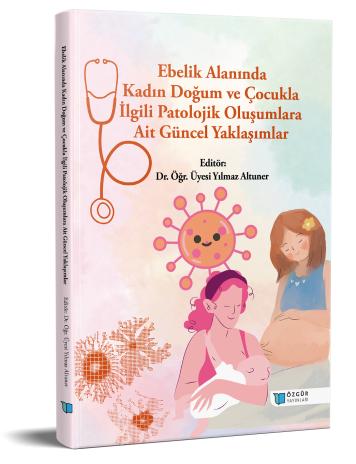
Pregnancy and Systemic Diseases
Chapter from the book:
Altuner,
Y.
(ed.)
2025.
Current Approaches to Pathological Formations Related to Obstetrics and Child in The Field of Midwifery.
Synopsis
This study explores the relationship between systemic diseases during pregnancy and maternal mortality and morbidity. Maternal mortality refers to the death of a woman during pregnancy or within 42 days of termination due to causes related to or aggravated by the pregnancy. These may be direct (e.g., preeclampsia, infections) or indirect (e.g., heart disease, diabetes). Poorly managed systemic conditions increase the risk of maternal and perinatal complications. Cardiac disorders, in particular, pose serious risks for both mother and fetus. Therefore, preconception counseling, multidisciplinary care, and close monitoring are essential. Physiological cardiovascular changes during pregnancy may exacerbate pre-existing conditions. Pregnant women with heart disease should be managed by a team including obstetricians, cardiologists, and anesthesiologists. The study also addresses the management of specific cardiac conditions such as mitral stenosis and mitral regurgitation. In conclusion, early diagnosis and appropriate management of systemic diseases during pregnancy are crucial for improving maternal and fetal outcomes.

